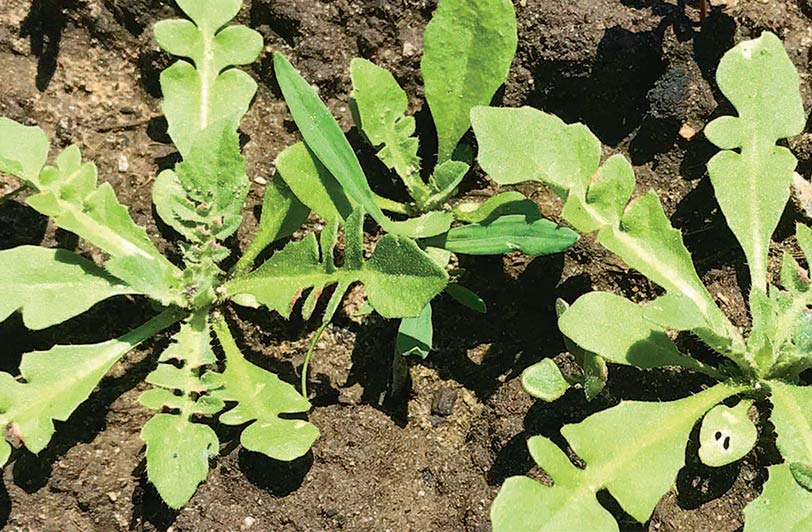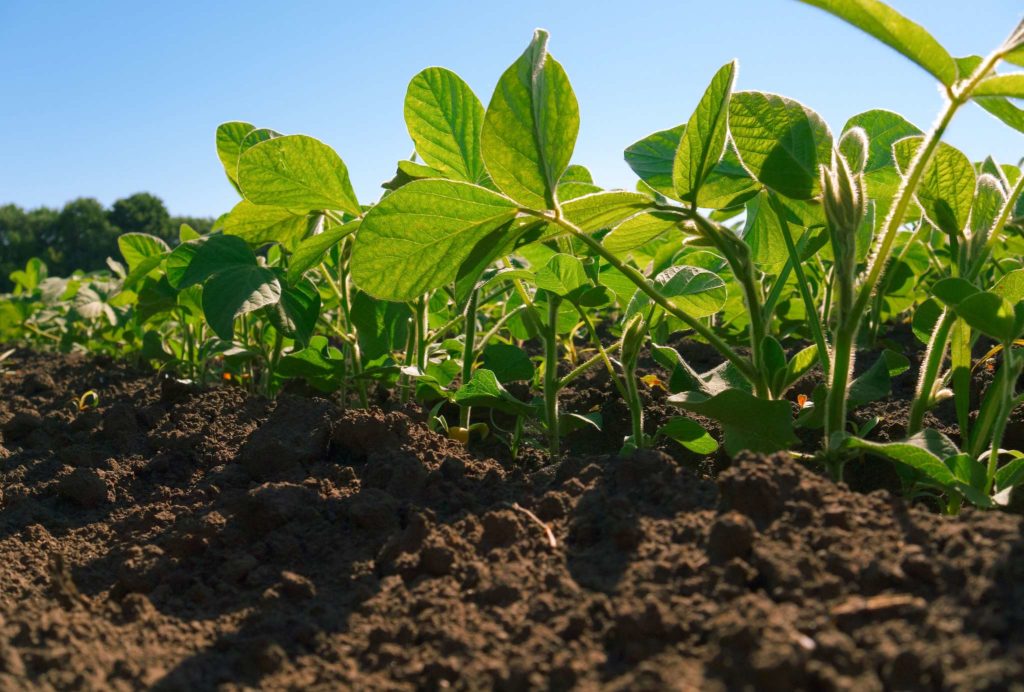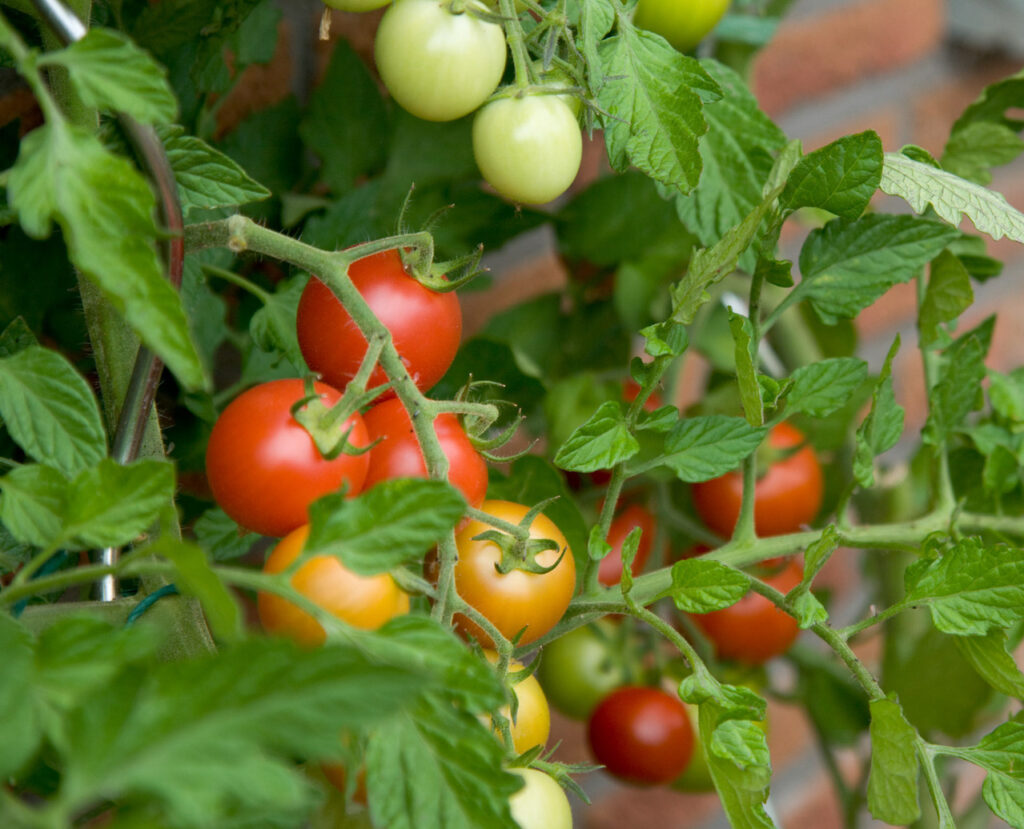A Comprehensive Approach To Control Weeds in Organic Peanut Systems in the Southeast

Don Cooper, Georgia Organic Peanut Alliance
Agricultural Outreach and Education Specialist
This project will examine the effectiveness of an integrated weed control system in Certified Organic peanut production utilizing regular mechanical cultivation and Eugenol, a broad spectrum herbicide derived from cloves and approved for Certified Organic production in a commercial formulation as Weed Slayer. The project will be conducted with four Certified Organic farmers at four locations in Southwest Georgia: (1) two loamy/clayey farms, (2) two sandy farms. Each site will have two fields planted approximately 2-3 weeks apart within the optimum planting window (May/June) to measure weed pressures and yield. Each farm will begin use of a tine weeder within 5-7 days after planting, with 5-7 total passes, followed by 2-3 passes with sweeps until the peanut plants’ canopies extend across the rows.




